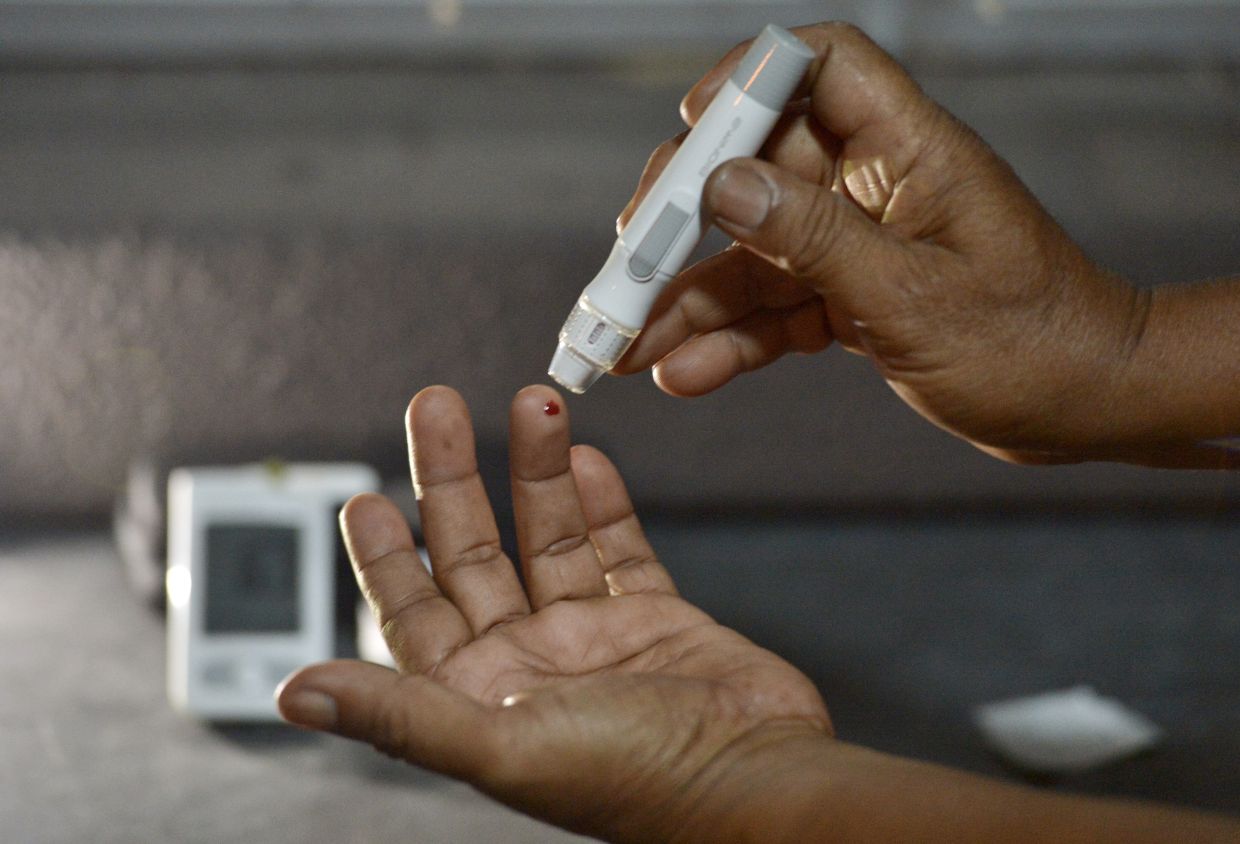PETALING JAYA: On average, Muslims in Malaysia fast for 13 hours a day during Ramadan.
However, for people with diabetes, abstaining from food and water throughout the day can increase the risk of hypoglycemia, a condition in which blood sugar or glucose levels drop below the normal range.
Consultant physician for endocrinology and diabetes at KPJ Damansara 2 Specialty Hospital, Dr. Sharifah Faradila Wan Muhammad Hatta, said patients with medical conditions, especially diabetes, could be exempted from fasting.
“However, many Muslims with diabetes feel attached to Ramadan and insist on fasting, so they are advised to consult their doctor and practice fasting before the start of Ramadan,” she said.
She also advised patients to carefully choose the foods and beverages they want to consume before dawn (sahur) and to break up fast meals to ensure they are able to keep their blood sugar levels stable and healthy. get the vitamins and nutrients they need, Bernama reported.
Dr Sharifah Faradila said hypoglycaemia was a dangerous condition in which glucose levels drop below the normal range of 4 millimoles per liter (mmol/L), adding that patients with type 1 diabetes and type 2 were at high risk of developing this condition.
“They should break their fast immediately if their blood sugar drops below 4mmol/L and treat it by consuming 15-20g of carbohydrates such as fruit juice or four to five jelly babies (a type of candy), followed by starches such as a sandwich,” she says.
If left untreated, severe hypoglycemia can be life-threatening and lead to complications such as multiple organ failure, cardiac arrest, permanent brain damage, and coma.
According to Dr. Sharifah Faradila, on average in Malaysia, one in five adults lives with diabetes.
There are three main types of diabetes, namely type 1 and type 2, and gestational diabetes, which occurs in some pregnant women.
She said diabetic patients are advised to check their blood sugar frequently throughout the day if they choose to fast during Ramadan.
Stressing that it is important for diabetic patients to have a healthy and balanced diet during Ramadan, Dr Sharifah Faradila said they are advised to eat foods such as brown rice, beans and wholemeal bread which have a low glycemic index, contain high amounts of fiber and release energy slowly before and after fasting.
“They should not skip the sahur meal and take it as close to the deadline as possible because it will take them more than 13 hours before they can break their fast,” she said.
Meanwhile, KPJ Damansara 2 Specialist Hospital Consultant Gastroenterologist and Hepatologist Dr. Jaideep Singh said the most common digestive system problems endured during Ramadan were acute gastritis and GERD (gastro -esophageal).
These are caused by prolonged fasting and are most often seen in those who already have stomach problems, and eating large fatty meals and spicy foods while breaking the fast makes their symptoms worse.
He said these problems could be avoided by drinking enough water to stay hydrated, eating small amounts of food frequently, avoiding smoking and taking stomach medications as prescribed.
“But avoid carbonated drinks because they contain too much sugar and the gases from sugar fermentation can cause bloating.
“Avoid overeating, as suddenly eating a large meal can cause stomach upset and severe acid reflux.
“Also try to avoid sleeping on a full stomach and allow enough time for undigested food to pass through the stomach and intestine properly.
“Avoid too much chili, hot spices, fried and fatty foods, as well as junk food,” he added.

